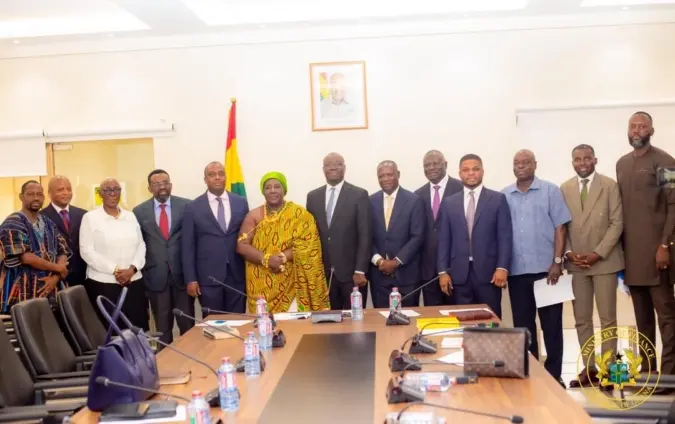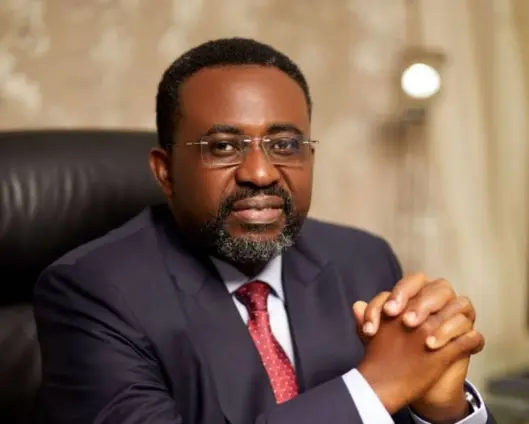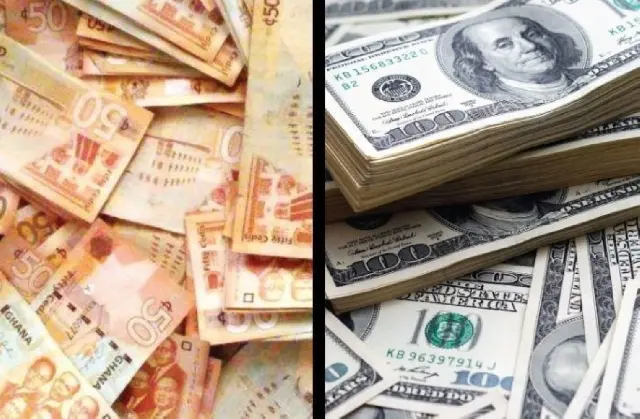In recent weeks, the Ghanaian cedi has shown surprising strength, a development many attribute, in part, to the nascent Ghana Gold Board (GoldBod). The board, recently inaugurated with a new board of directors appointed, is the brainchild of Finance Minister Dr. Cassiel Ato Forson. The Ghana Gold Board (GoldBod) represents a potentially significant strategic pivot, aimed at formalizing the nation’s gold sector, stabilizing its currency, and invigorating Ghana’s broader economic landscape.
The Genesis of the GoldBod: Addressing a Fragmented Gold Market
For years, Ghana’s gold market has been characterized by fragmentation and a lack of oversight. Dr. Forson, in his address at the inauguration, highlighted these systemic issues, pointing to the challenges they pose to the national economy.
“Numerous individuals and entities operate without proper regulation, leading to widespread gold smuggling and deprived the state of much-needed foreign exchange,” Dr. Forson stated, underscoring the urgency for reform. The GoldBod is designed to combat these issues head-on.
The vision for the Ghana Gold Board (GoldBod) is ambitious: to act as the single authorized entity for purchasing, selling, assaying, and exporting gold sourced from licensed small-scale miners. This centralization is intended to create traceability, ensure compliance with international standards, and ultimately, channel more revenue into the national coffers. The initiative is backed by a substantial $279 million revolving fund, signaling the government’s commitment to its success.
GoldBod’s Strategic Role in Stabilizing the Ghanaian Cedi
A key objective of the Ghana Gold Board (GoldBod) is to bolster the stability of the Ghanaian cedi. The cedi’s recent appreciation against the US dollar has been noteworthy, and government officials believe the GoldBod will play a crucial role in maintaining this positive trajectory.
Dr. Forson noted the cedi’s strong performance this year, stating, “As of May 13, 2025, the Ghana cedi has solidified its position as the standout performer among global currencies, achieving a remarkable 16.7% appreciation against the US dollar year-to-date.” This appreciation, while influenced by broader economic factors, is expected to be further supported by the GoldBod’s operations.
The cedi’s strength is not solely attributable to the Ghana Gold Board (GoldBod); synchronized monetary and fiscal policies also play a significant role. Additionally, increased foreign exchange inflows from gold, cocoa, and remittances are contributing to a more stable currency environment. The GoldBod is designed to further augment these inflows, providing a more reliable and transparent source of foreign exchange.
Streamlining the Gold Value Chain: From Extraction to Export
The Ghana Gold Board (GoldBod) is tasked with overseeing the entire gold value chain, from the point of extraction to the final export. This comprehensive oversight aims to formalize gold trading activities, particularly those originating from small-scale mining operations, which have historically been a source of instability and revenue leakage.
Previously, Ghana’s gold purchasing landscape involved a multitude of actors, including the Precious Minerals Marketing Company (PMMC), the Bank of Ghana, the Minerals Income Investment Fund (MIIF), and various private entities. This fragmented system often led to confusion, inefficiency, and opportunities for illicit activities. Dr. Forson emphasized that the GoldBod will eliminate this chaos.
“All of this now belongs in the past, because the Ghana GoldBod is now the sole buyer and assayer of gold, with exclusive mandate to grant license to engage in the trade of Gold from Ghana’s small-scale mining sector,” he asserted, highlighting the board’s exclusive authority.
The Future Outlook and Economic Impact
The establishment of the Ghana Gold Board (GoldBod) is viewed as a paradigm shift for the Ghana cedi and the nation’s economic prospects. Dr. Forson has expressed confidence in the cedi’s continued stability, supported by the GoldBod’s transformative activities.
“I wish to assure the Ghanaian public and our stakeholders, that the outlook for the Ghana cedi remains robust and sustainable, supported by the transformative activities of the Goldbod,” Dr. Forson stated. The GoldBod’s operations are expected to reshape the dynamics of Ghana’s foreign exchange accumulation, creating a more stable and predictable economic environment.
In conclusion, the Ghana Gold Board (GoldBod) initiative represents a multifaceted approach to formalizing the gold sector, stabilizing the cedi, and ultimately, driving economic growth. The initiative is designed to bring much-needed order and transparency to Ghana’s gold market. As Dr. Forson urged, supporting President Mahama’s economic reset requires embracing and supporting initiatives like the Ghana Gold Board (GoldBod), which promises a more prosperous future for Ghana.
Image Source: MYJOYONLINE





















